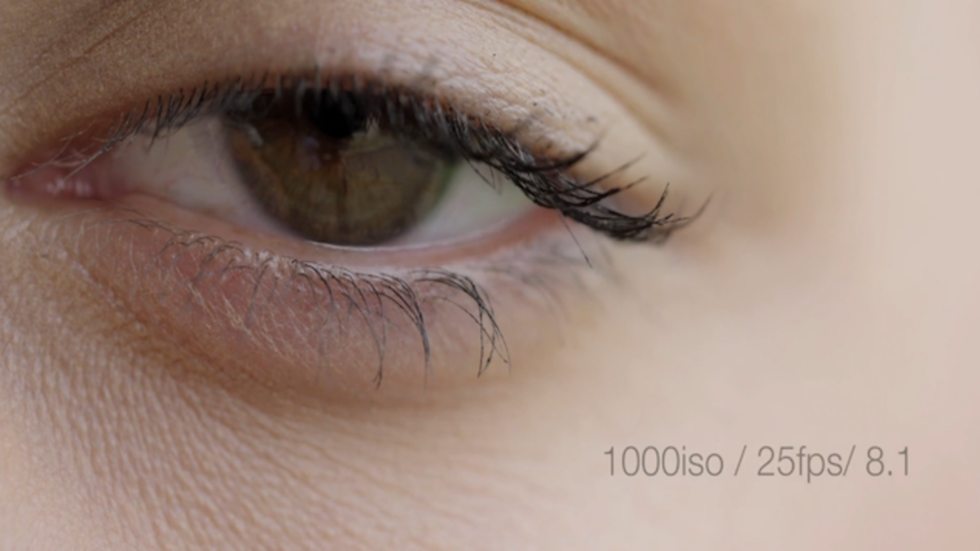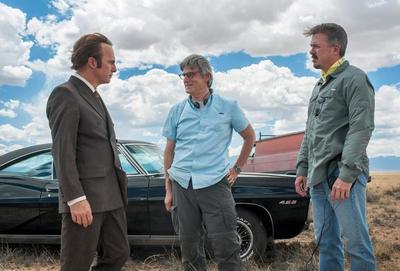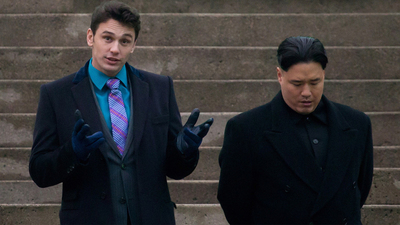
BY ZACHARY WIGON |
Racking Focus: What Happens When Everyone Uses the Same Camera?
With high-resolution cameras becoming increasingly cheaper, the moment when Hollywood and micro-budget films use the same camera is fast approaching. What happens then?

It seems like every other week we're greeted with some news about the latest jaw-dropping advancement in digital cinema technology. Recently, it was learning that an app had managed to successfully "hack" the Canon 5D Mark iii so that it could shoot uncompressed "raw" video as opposed to its standard, compressed H264 format. A little while before that saw the advent of MoVi, a gyro-stabilized camera mount that was proclaimed to be the beginning of the "death of Steadicam."
We're near a point in which the technology for film cameras becomes affordable enough that Hollywood films and micro-budget indies are shot with the same cameras.
This week brings the first images from the RED Dragon, RED's new camera which shoots video at a 6K resolution. (Their previous camera, the RED Epic, shoots in 5K.) The images are indeed stunning, as is the fact that the camera boasts 3 extra stops of dynamic range over what the Epic is capable of.
All these developments signal what has been long coming and is now rapidly approaching: we will soon hit a point in which the technology for film cameras becomes advanced and affordable enough that Hollywood films and micro-budget indies are shot with the same cameras. Increasingly, this is already the case. The Arri Alexa and the RED Epic (and shortly, one imagines, the Dragon) are the most desirable digital cameras of choice for filmmakers throughout the budget spectrum. So what happens once Hollywood production value becomes that much more reachable for even the tiniest micro-budget films?
This is not, of course, to say that a camera alone dictates the look or production value of a film - lenses, the skill of your DP and camera team, production design, color correction and many more factors all heavily influence the quality of the film's imagery. And all of those elements cost money. Yet there's no question that we've reached a kind of zero-point in cinema's history; who could imagine a bunch of arty 20somethings running around with a hulking 35mm camera in the 1930s?

The effects of this shift in camera availability are numerous and can't all be detailed here, but one recent film points the way toward a radically different usage of format that could come into popularity. Computer Chess, Andrew Bujalski's wry, eerie sci-fi nerd drama about computer programmers in 1980 working on software that can play chess, was shot on purposefully unusual cameras. Bujalski shot the film on a Sony tube video camera from 1968. The resulting look - a kind of haunting, bizarre creepiness rests in each frame, as if we're watching a ghost story from another dimension - is absolutely stunning. The efficacy of Bujalski's camera decision is only heightened, of course, by the fact that so many movies shot digitally today look more beautiful than ever before. By picking a distinct format, Bujalski was able to achieve an effect that could never have been achieved so well with a contemporary digital camera, and he was also able to comment upon what's going on in his story itself, since the film is about the ways in which humans relate to technology.

Does Bujalski's bold choice augur a new mode of filmmaking once everyone's films are shot with more or less the same bunch of cameras? Filmmaking is about getting across an individual viewpoint, and making work that looks like every other movie is surely an impediment to such artistic communication. It seems entirely possible that format may soon be viewed not as a means to achieving the highest resolution possible, but as a way of adding a new artistic element to the film's mix.

